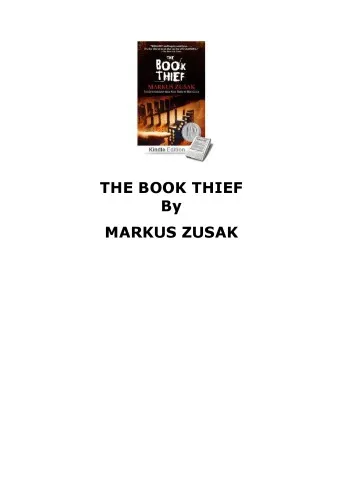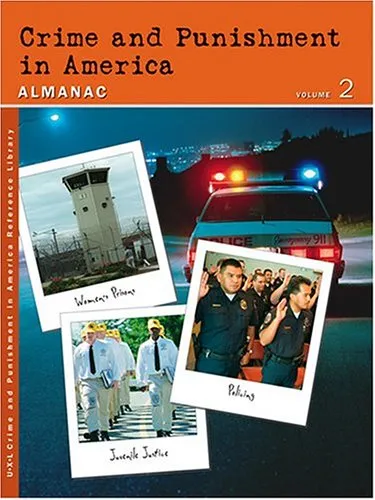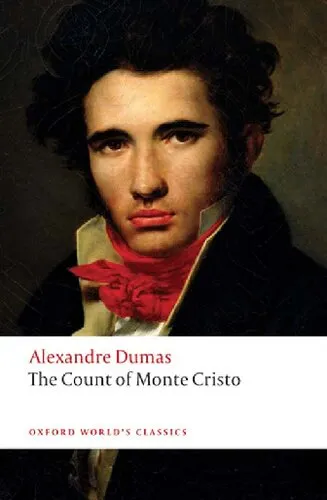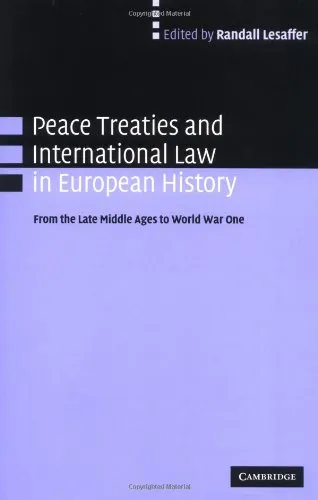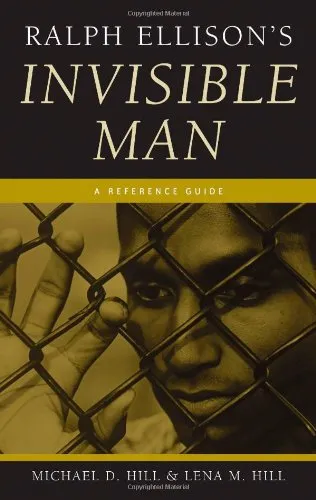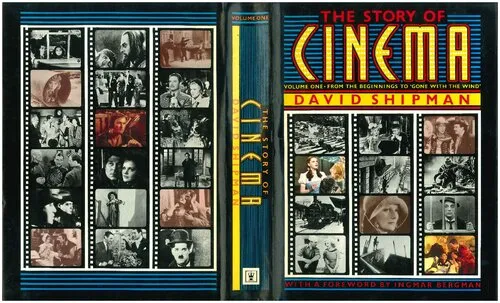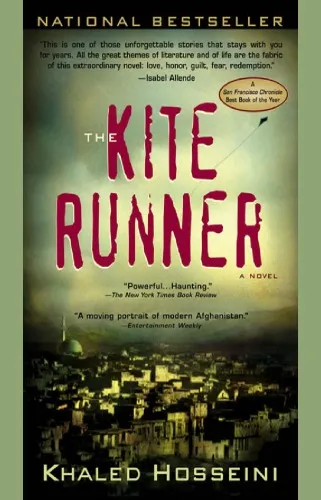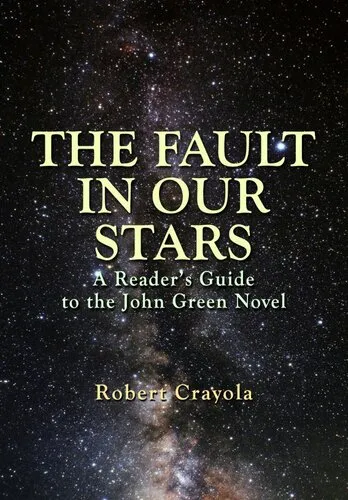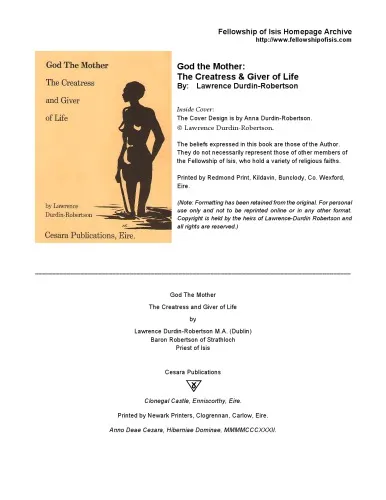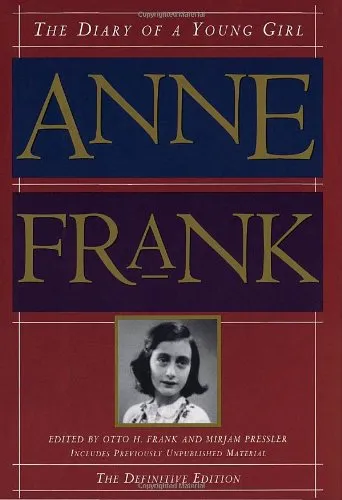The Book Thief
4.4
Reviews from our users

You Can Ask your questions from this book's AI after Login
Each download or ask from book AI costs 2 points. To earn more free points, please visit the Points Guide Page and complete some valuable actions.Related Refrences:
The Book Thief: An Introduction
Published in 2005, Markus Zusak's 'The Book Thief' is a compelling narrative that captures the power of words, the resilience of the human spirit, and the somber reality of life in Nazi Germany. Through the eyes of a young protagonist, Liesel Meminger, this novel intricately weaves the themes of love, loss, and survival. Set against the backdrop of World War II, 'The Book Thief' transcends typical wartime tales, offering a unique perspective that's both profound and poignant.
Detailed Summary of the Book
The story is narrated by Death, an unusual choice that adds depth and nuance to Liesel's journey. Liesel is a young girl living in Nazi Germany, adopted by Hans and Rosa Hubermann after her mother can no longer care for her. Her connection with words begins when she picks up 'The Gravedigger's Handbook' after her brother's funeral. This moment marks the commencement of her life as a book thief.
Over time, Liesel's passion for books becomes a means of escape and resistance. Her bond with her adoptive father, Hans, deepens as he teaches her to read in their basement, turning words into a tool for endurance. The world around Liesel is harsh and unforgiving, yet her spirit flourishes through her relationships with Hans, the irritable yet caring Rosa, and Max Vandenburg, a Jewish man the Hubermanns hide in their basement.
Liesel’s journey is interspersed with acts of defiance, such as stealing books from book burnings and the mayor's wife's library. These clandestine adventures illustrate her growing awareness of the oppressive world and her determination to find fragments of hope through literature. Throughout the narrative, Death interjects with reflections and insights, painting a vivid picture of the era's brutality and beauty.
Key Takeaways
One of the key takeaways from 'The Book Thief' is the immense power of words. Zusak eloquently demonstrates how language can be a balm in times of despair and a weapon against oppression. The novel also delves into the complex nature of humanity, showcasing both the capacity for cruelty and the resilience of the human spirit.
Furthermore, the book emphasizes the themes of friendship, loyalty, and courage. Liesel's interactions showcase that even in the darkest times, there are glimmers of hope and pockets of love that can sustain individuals through hardships.
Lastly, the narrative addresses the inevitable presence of loss and mortality, urging readers to cherish life and bear witness to history so that lessons are not forgotten. Through Liesel's eyes, Zusak invites readers to look beyond the grim surface of war and perceive the narratives of survival and human connection.
Famous Quotes from the Book
"I have hated words and I have loved them, and I hope I have made them right."
"The only thing worse than a boy who hates you: a boy that loves you."
"Like most misery, it started with apparent happiness."
Why This Book Matters
'The Book Thief' is significant because it provides a fresh lens through which to view the period of World War II. The choice to have Death as the narrator is a masterstroke that adds a layer of philosophical depth, prompting readers to reflect on the nature of existence and the forgotten stories of wartime non-combatants.
Moreover, the novel encapsulates the universality of storytelling and its importance in preserving memories and truths. 'The Book Thief' serves not only as a historical reflection but also as a tribute to the enduring nature of human resilience and hope, making it a timeless read for audiences across generations.
Free Direct Download
You Can Download this book after Login
Accessing books through legal platforms and public libraries not only supports the rights of authors and publishers but also contributes to the sustainability of reading culture. Before downloading, please take a moment to consider these options.
Find this book on other platforms:
WorldCat helps you find books in libraries worldwide.
See ratings, reviews, and discussions on Goodreads.
Find and buy rare or used books on AbeBooks.
1980
بازدید4.4
امتیاز0
نظر98%
رضایتReviews:
4.4
Based on 0 users review
Questions & Answers
Ask questions about this book or help others by answering
No questions yet. Be the first to ask!
